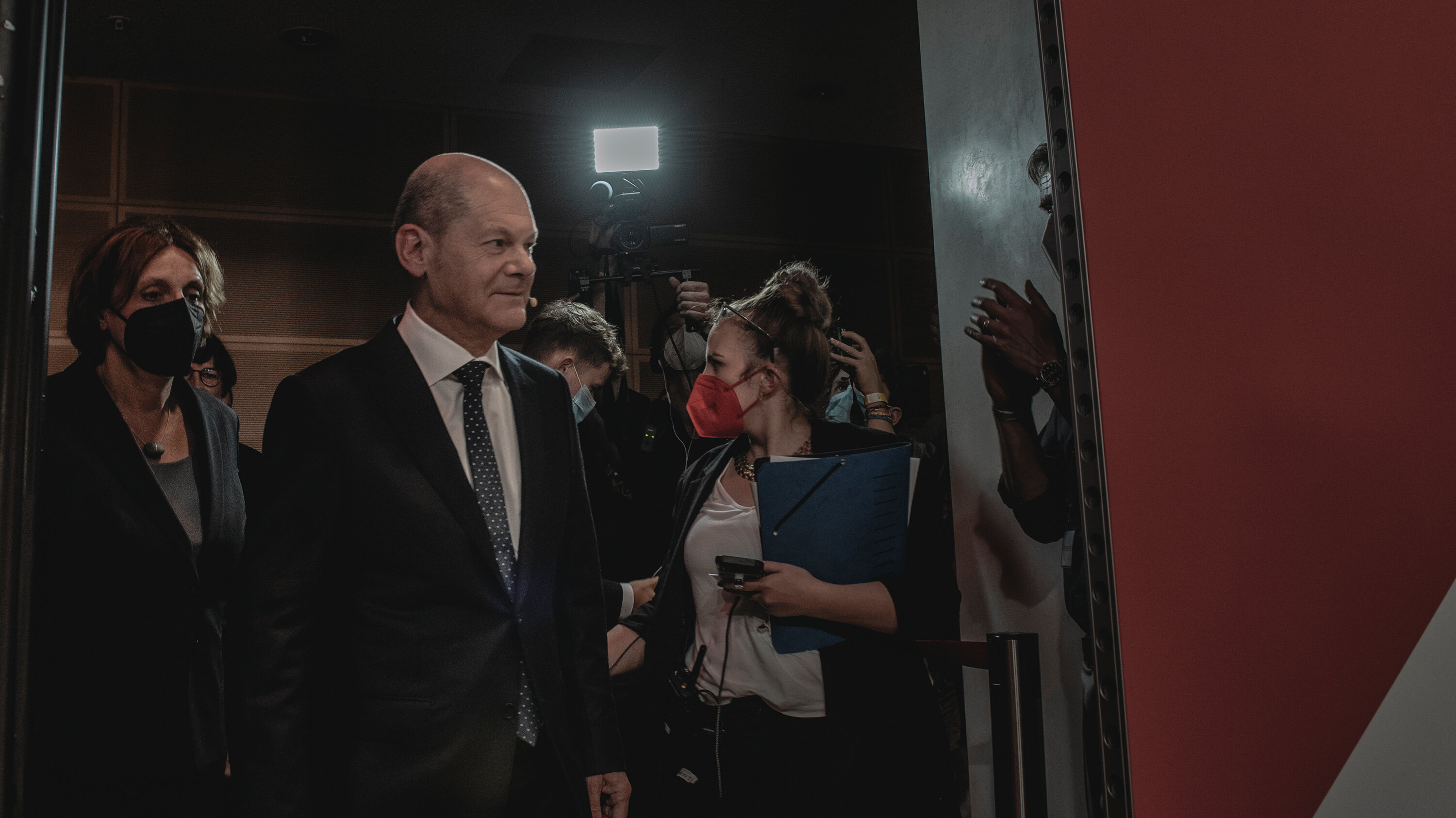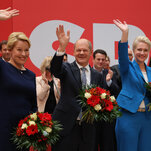
For a moment it felt as if he were already chancellor. As Olaf Scholz stood on the stage surrounded by euphoric followers chanting his name and celebrating him as they would the next leader of Germany, he was the clear winner of the night.
Mr. Scholz had just done the unthinkable — carry his long-moribund Social Democrats to victory, however narrow, in the most volatile German election in a generation.
But if winning wasn’t hard enough, the hardest part is yet to come.
Mr. Scholz may have come out on top in Sunday’s election, but three in four Germans did not vote for him or his party. Despite overtaking the mighty conservative party machine of the outgoing chancellor, Angela Merkel, there is no certainty that Mr. Scholz will become chancellor. And if he does, he is likely to be a weaker one, absorbed in wrangling multiple coalition partners in addition to rebellious factions within even his own party.
A new era in politics has officially begun in Germany — and it looks a lot different. And difficult. Germany’s political landscape, long a place of sleepy stability where chancellors stay on for 16 years, has fractured into multiple parties that no longer differ all that much in size.
“It’s a historically unprecedented situation,”
Continue reading – Article source
Posts from the same category:
- None Found










